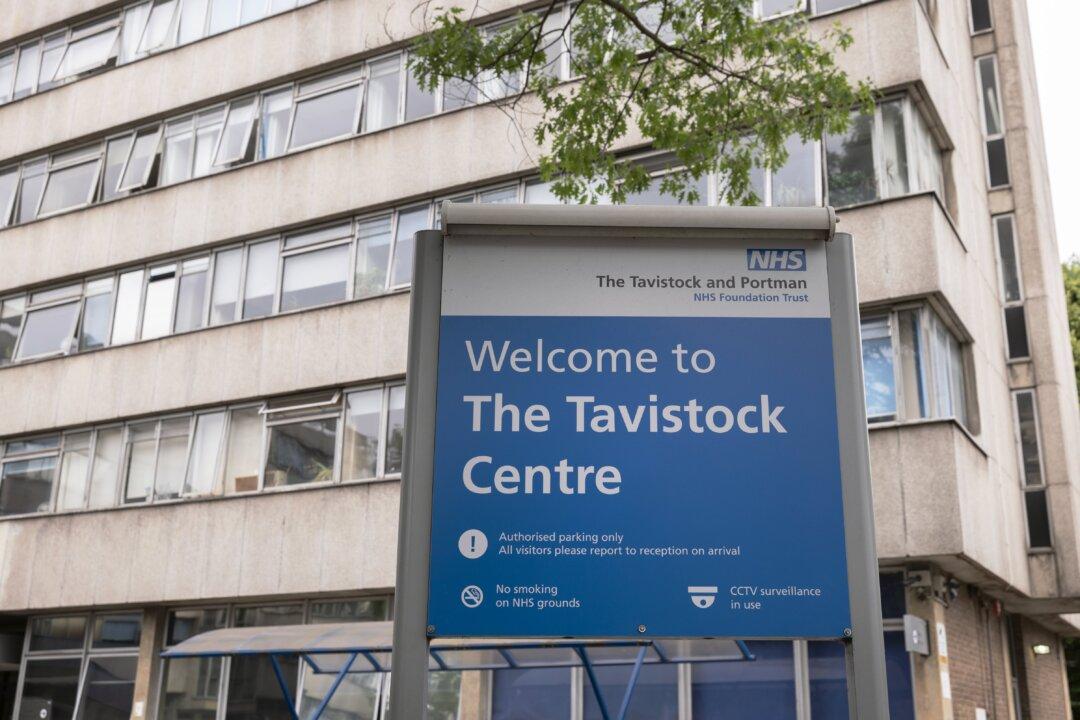A total of 382 youngsters aged six and under were referred to the Gender Identity Development Service (GIDS) over the past decade, official figure show.
The clinic is due to close in March 2024 following a damning report in 2022 by the independent Cass Review which looked into the practice of the controversial clinic and found it was “not safe” for children.Figures released by the trust, first reported in the Daily Mail, show a sharp rise in the numbers of children referred to the clinic for gender confusion over the past decade—up from 136 in 2010-2011 to 3,585 in 2021-2022.
A further breakdown reveals that 12 three-year-olds, 61 four-year-olds, 140 five-year-olds and 169 six-year-olds were referred during the same ten-year period.
Campaigners who oppose the teaching of gender ideology in schools say that such young children should never be referred by doctors or parents for psychological assessment because children commonly go through phases of saying they are something they are not.
Concerns have also been raised that transgender activist groups, such as Mermaids, have been allowed to refer children to GIDS even when GPs have refused to do so.
NHS England bosses are now considering introducing a minimum age of seven for future referrals and have issued interim guidelines saying that puberty blockers should not be prescribed for gender questioning children unless they are taking part in a clinical trial.
A new consultation from NHS England states: “To date, there has been no minimum age threshold and children have been referred into the Tavistock GIDS from as young as four years.“For some people, this just seems too young, and they are concerned that it could result in unnecessary and inappropriate referrals being made. For example, we know that showing an interest in clothes or toys of the opposite sex or—displaying behaviours more commonly associated with the opposite sex—is reasonably common behaviour in childhood and is usually not indicative of gender incongruence.”





